-

Doxycycline
Doxycycline
$0.85
In Stock
Buy Now -
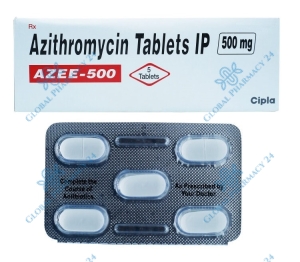
Azithromycin
Azithromycin
$0.68
In Stock
Buy Now -

Synclar
Clarithromycin
$1.47
In Stock
Buy Now -
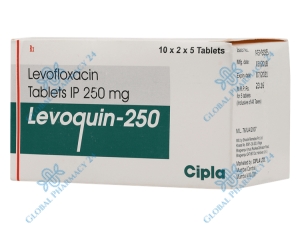
Levoquin
Levofloxacin
$0.22
In Stock
Buy Now -
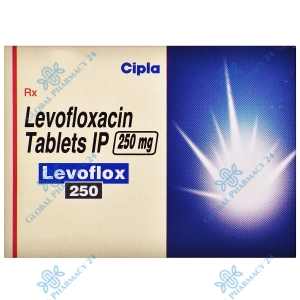
Levoflox
Levofloxacin
$0.18
In Stock
Buy Now -

Hsquin
Hydroxychloroquine
$0.42
In Stock
Buy Now -
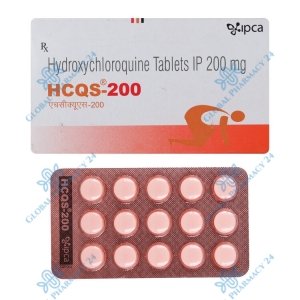
Hydroxychloroquine (HCQS)
Hydroxychloroquine
$0.25
In Stock
Buy Now -

Zoclar
Clarithromycin
$1.18
In Stock
Buy Now -
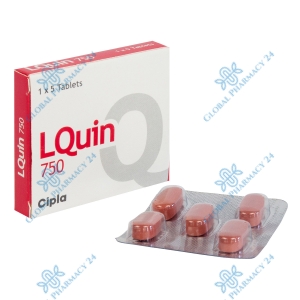
LQuin
Levofloxacin
$0.19
In Stock
Buy Now -
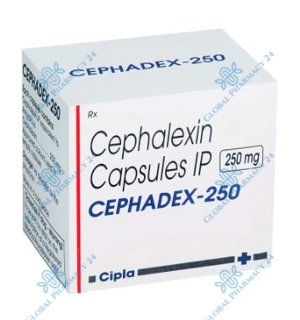
Cephadex
Cephalexin
$0.68
In Stock
Buy Now -
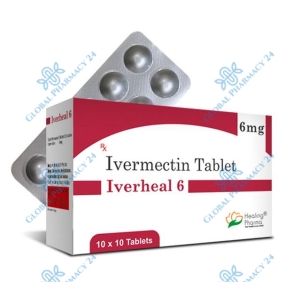
Iverheal
Ivermectin
$0.41
In Stock
Buy Now -
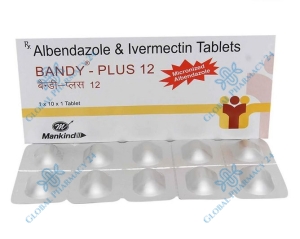
Bandy Plus
Ivermectin & Albendazole
$0.80
In Stock
Buy Now -
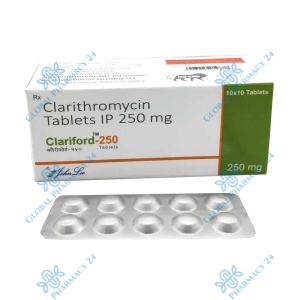
Clariford
Clarithromycin
$0.93
In Stock
Buy Now -

Ciprofloxacin
Ciprofloxacin
$0.54
In Stock
Buy Now -
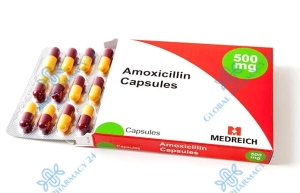
Amoxicillin
Amoxicillin
$0.39
In Stock
Buy Now -
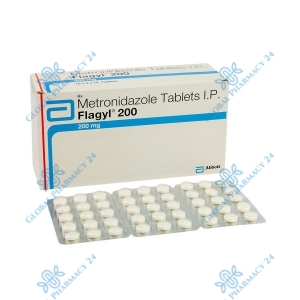
Flagyl
Metronidazole
$0.30
In Stock
Buy Now -
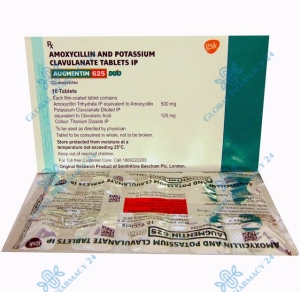
Augmentin
Amoxicillin & Clavulanate
$1.27
In Stock
Buy Now -
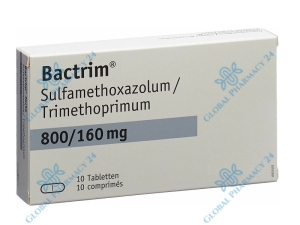
Bactrim
Sulfamethoxazole & Trimethoprim
$0.47
In Stock
Buy Now
Know the correct use and precautions of antibiotics! Useless antibiotics are dangerous for colds!
Introduction
Ever popped a pill for a throat infection or battled a nasty flu with a dose of antibiotics? But have you ever wondered what these little warriors actually do inside our bodies? Dive in, and let's demystify the world of antibiotics!
What are Antibiotics?
Antibiotics, you might say, are like the superheroes of the drug world. They combat the villains - bacteria. Simply put, they're drugs designed to eliminate bacterial infections. But hey, didn't someone say viruses are also a type of germs? What's the difference?
Difference Between Bacteria and Viruses
Bacteria and viruses, although both invisible to the naked eye, are vastly different! Imagine them as cats and dogs. Both are pets, right? But you wouldn’t mistake one for the other. Bacteria are single-celled organisms that can live almost anywhere - from hot springs to your intestines. Most are harm, and some are even beneficial. Viruses, on the other hand, need a host to survive. They’re the sneaky intruders, often causing illnesses. So, when you're feeling down with a cold, is it a virus or bacteria to blame?
How Antibiotics Work
Imagine antibiotics as knights in shining armor, defending our body’s kingdom. But how do they slay the bacterial dragons?
Attack on Bacterial Cell Wall
The bacterial cell wall is like its fortress. And antibiotics? They’re like master architects that understand every brick of this fortress. By targeting the cell wall, antibiotics weaken it, causing the bacterium to burst. Picture it like deflating a balloon with a pin!
Hindrance of Protein and Nucleic Acid Synthesis
Proteins are the building blocks of life, right? And nucleic acids? They're the instruction manual. Some antibiotics interrupt this process. It's akin to taking away the blueprint from a builder. Without it, how's the building going to rise?
Antibiotic Resistance
But here’s a twist in our story. What if our dragons evolve and the knights' swords can no longer harm them? This, my friend, is antibiotic resistance.
Emergence of Antibiotic-Resistant Bacteria
Over time, as bacteria are repeatedly exposed to antibiotics, some develop shields against them. These super-bacteria are then free to multiply, leading to harder-to-treat infections. It’s like a game of chess; with every move, the opponent becomes smarter and more challenging to beat.
How Bacteria Develop Resistance to Antibiotics
Imagine giving a puzzle to a group of kids. Some will solve it faster than others, right? Similarly, when exposed to antibiotics, not all bacteria die. The resilient ones survive and pass on their resistance genes. Over time, a population of resistant bacteria emerges. So, when should we actually use antibiotics?
When Antibiotics are Necessary
Using antibiotics willy-nilly can be like using a sledgehammer to crack a nut. Not always the best idea!
Identifying Bacterial Infections
It's vital to know when a germ culprit is bacteria. A lab test can confirm it. Ever had a throat swab when you've had a sore throat? That's the doctor playing detective, figuring out the nature of your illness!
Transition from Viral to Bacterial Infection
Now, here's a tricky part. Sometimes, what starts as a viral infection can pave the way for bacterial invaders. That prolonged cough or cold? It might just have invited some unwanted bacterial guests!
Conclusion
Proper Use of Antibiotics
Always remember, antibiotics aren't candies. Using them unnecessarily or not completing the prescribed dose can give rise to resistant bacteria. And who wants a stronger enemy? So, take them wisely, under a doctor's guidance. Remember, too much of anything is bad, right?
How to Protect Your Child from Antibiotic-Resistant Bacterial Infections
As a parent, you'd want the best for your child. Ensure they take antibiotics only when necessary. And when they do, make sure they complete the course. Plus, a balanced diet and good hygiene can work wonders. After all, prevention is better than cure, isn’t it?








